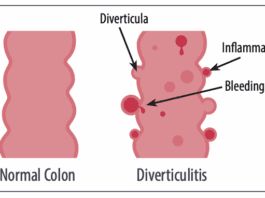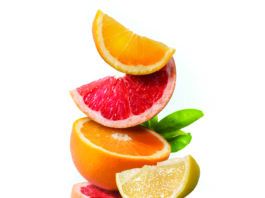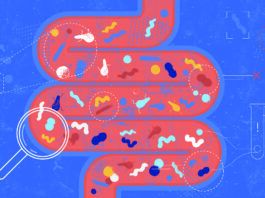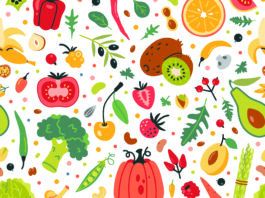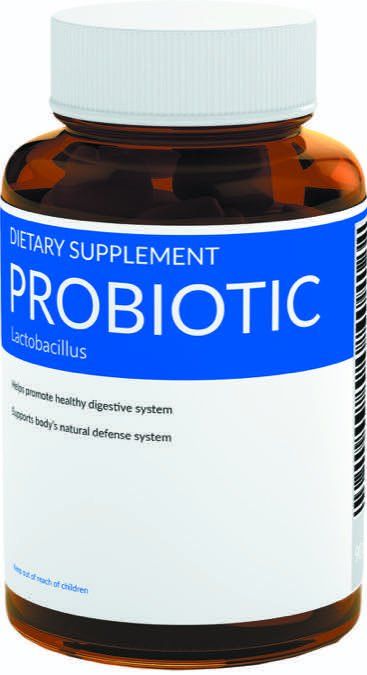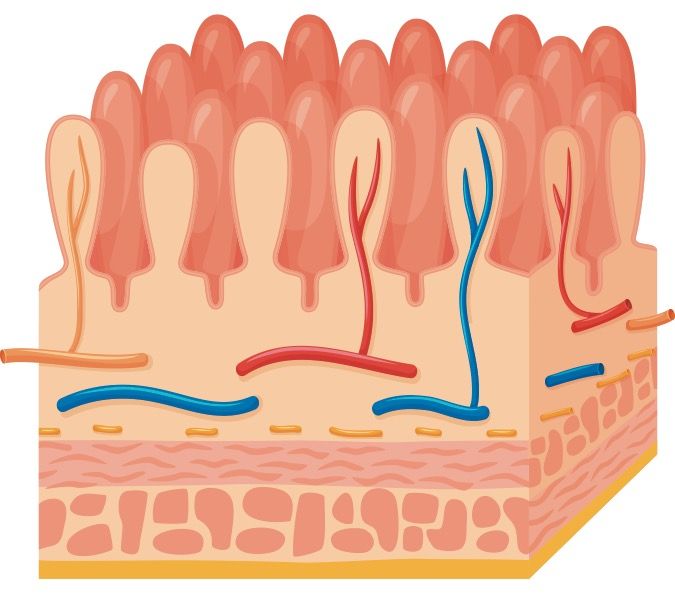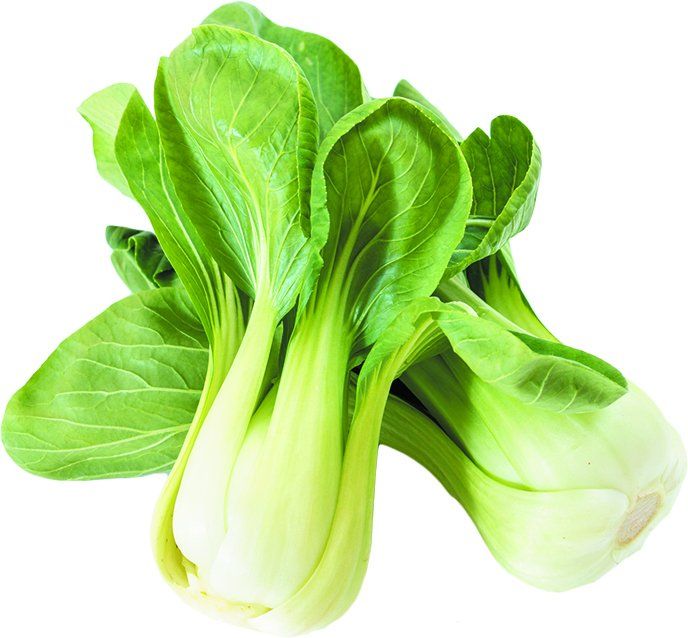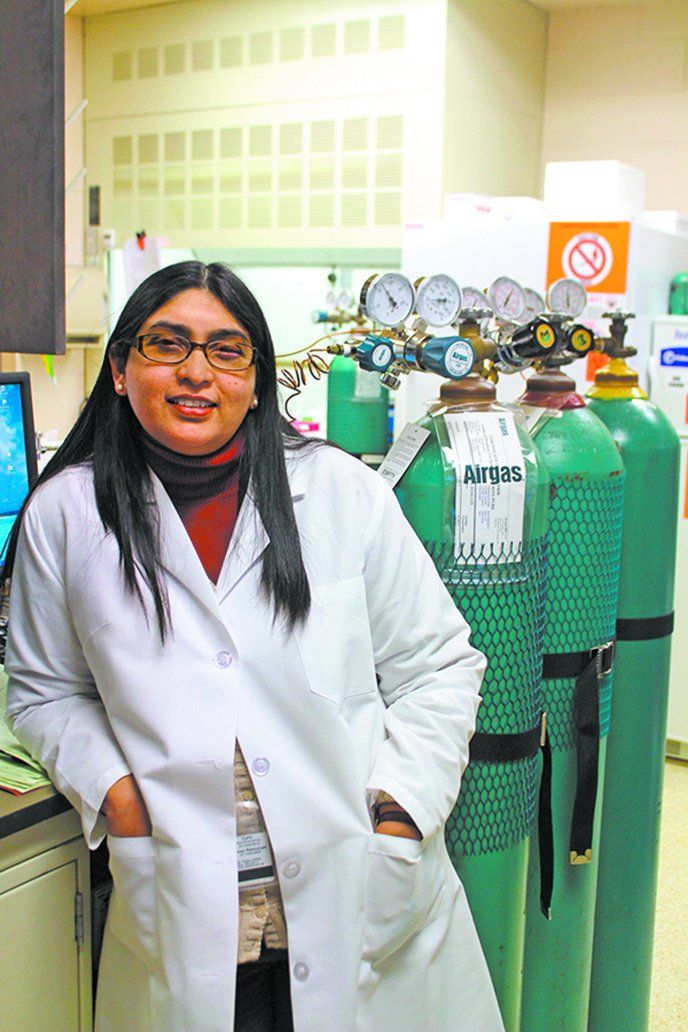Why Does Sugar-Free Gum Cause Gas and Bloating?
Why do I get gas and bloating from sugar-free gum?
Eating Increases Feel-Good Hormones
Eating leads to widespread opioid release in the brain, which signals feelings of satiety (fullness) and pleasure, according to a study in the Journal of Neuroscience.
Debunking 6 Probiotic Myths
Some people use supplements and fermented foods containing probiotics-beneficial bacteria and yeasts-in an effort to improve health. But, is there good science behind them? Probiotic experts help clear up six common myths.
The Lowdown on Leaky Gut
As the popular depiction of leaky gut goes, damage to the lining of the small intestine can release undigested food particles, bacteria and toxins into your bloodstream. And, that can potentially spur a myriad of health problems ranging from digestive issues to joint pain. Without a doubt, this description is oversimplified and misleading. But, its worth looking at whether leaky gut-or more precisely, increased intestinal permeability-is a legitimate concern.
Does Decaffeinated Black Tea Have the Same Benefits?
The potential health benefits of regularly consuming black tea, such as lower risk of heart disease, certain cancers and osteoporosis, are likely due to the polyphenols it provides. Polyphenols may help protect our body in several ways, such as by helping prevent cell damage, supporting the immune system and fighting inflammation, among other mechanisms.
Trending at Farmers’ Markets
Locally-grown goodies await you at farmers' markets across the country. While you're picking up staples like green beans, tomatoes and strawberries, consider trying other nutritious, farm-fresh fare thats new to you.
Best Cutting Boards for Food Safety
A chief consideration in safety of cutting boards is how easy they are to clean. Cutting boards made of a nonporous material, such as plastic or tempered glass, can be easily washed in the dishwasher. Those made of solid, hard wood with a tight grain (such as maple) might do OK in the dishwasher but over time that may encourage cracking and splitting.
Choline Adequate Intake: What is Recommended?
Humans can produce choline, but the amount is usually not sufficient (depending on factors such as age and genetics), so dietary intake of some choline is necessary. In the US, the most common sources of choline are meat, poultry, fish, dairy products and eggs. Cruciferous vegetables, beans, nuts, seeds and whole grains also supply choline.
Why You Cant Rely on the Glycemic Index for Healthy Eating
The glycemic index, a value that aims to quantify how fast blood sugar rises after eating a given food, can vary by an average of 20% within an individual and 25% among individuals. That's the surprising finding of a new study by scientists from the Jean Mayer USDA Human Nutrition Research Center on Aging (HNRCA) at Tufts.
Q. Should I avoid eating spinach because it has oxalate found in kidney stones?...
Q. Should I avoid eating spinach because it has oxalate found in kidney stones? I already have some kidney stones.






















